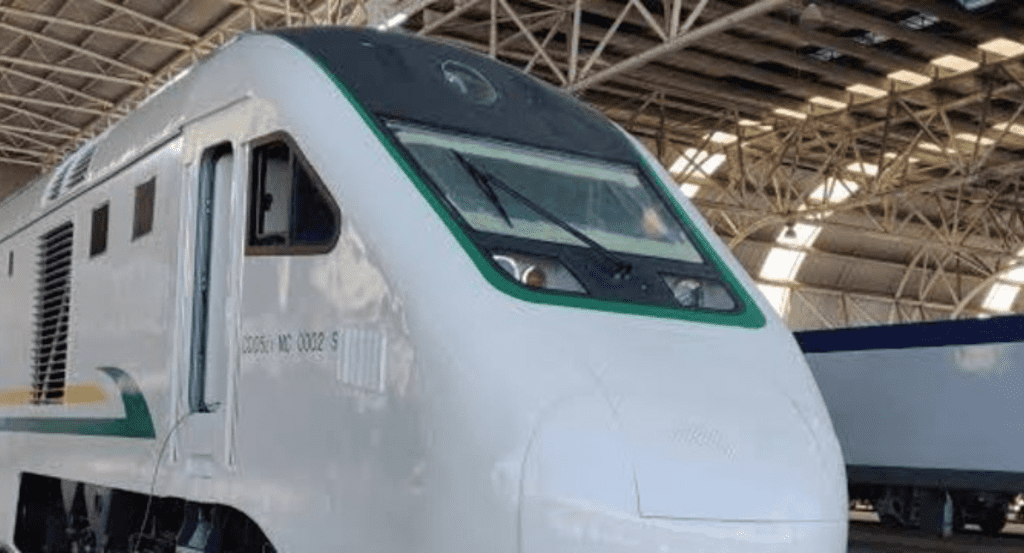The Nigerian Railway Corporation (NRC) and APM Terminals have commenced cargo rail services between Lagos and Ibadan, a move expected to enhance freight transportation efficiency in Nigeria. The collaboration aims to ease congestion at the ports, reduce road traffic, and lower the cost of moving goods between the two key cities.
The new cargo rail service officially kicked off as part of efforts to integrate rail transport into Nigeria’s logistics sector. With the increasing strain on road networks due to heavy truck usage, this initiative is seen as a strategic step toward improving cargo movement and enhancing supply chain efficiency. The Lagos-Ibadan rail line, a key infrastructural project, now facilitates the direct transportation of containers and bulk goods from the Lagos port to inland destinations, reducing transit time significantly.
According to industry stakeholders, the partnership between NRC and APM Terminals will not only improve logistics but also boost trade and economic growth. By shifting a portion of cargo transportation from roads to rail, the initiative is expected to extend the lifespan of highways, reduce road accidents caused by heavy trucks, and minimize environmental pollution from vehicle emissions.
Managing Director of NRC, Fidet Okhiria, emphasized that the project aligns with the federal government’s plan to enhance intermodal transport, ensuring a seamless connection between ports, railways, and road networks. Similarly, APM Terminals’ management highlighted the potential of the rail service to improve port decongestion, allowing for faster clearance and movement of goods.
Logistics experts have welcomed the development, noting that an efficient rail freight system will strengthen Nigeria’s import and export sectors. The newly launched service is also expected to encourage more businesses to utilize rail for cargo movement, reducing dependence on trucking companies that have long dominated freight transportation.
As the NRC and APM Terminals continue to expand their collaboration, there are growing expectations for further improvements in cargo rail services across the country. The Lagos-Ibadan freight corridor is expected to serve as a model for future rail cargo developments, fostering a more efficient and sustainable logistics ecosystem in Nigeria.




















